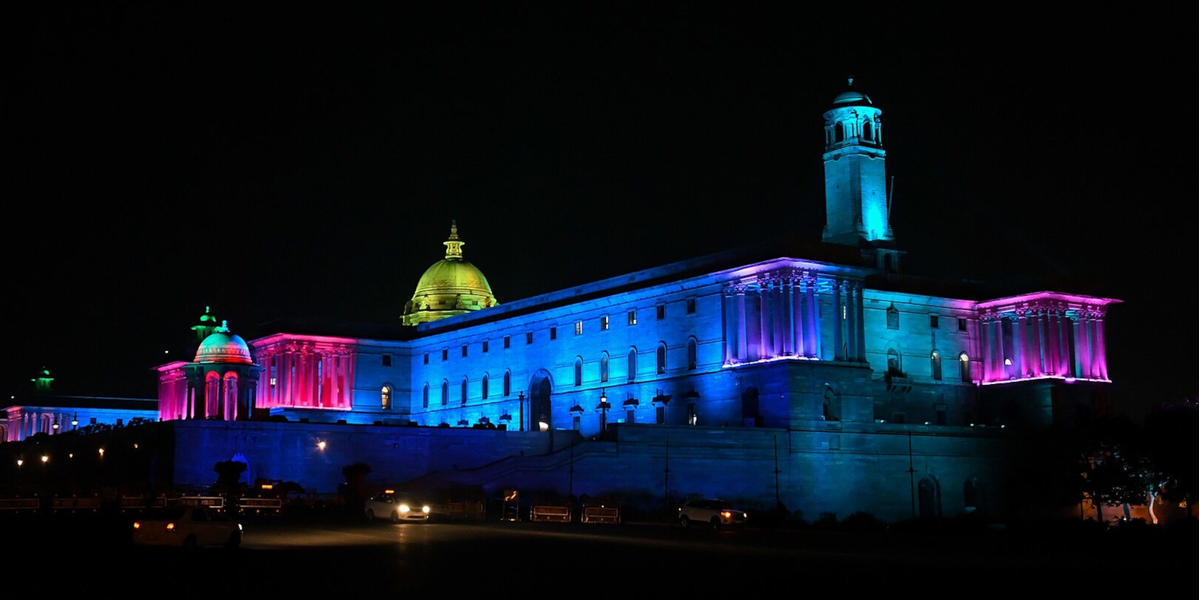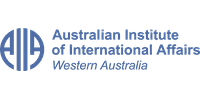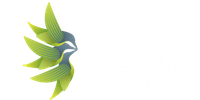Indian Elections: More and Less Modi
On June 4, 2024, after a six-week long election with over 640 million votes cast, a surprising result emerged: Prime Minister Narendra Modi achieved a record-equaling third term, but only with the help of coalition partners. While polls had predicted a convincing majority for Modi's Bharatiya Janata Party (BJP), and Modi himself had declared he would win 400 out of 543 seats, the BJP secured only 240 seats, more than 60 fewer than in the previous elections of 2019. This marks the first time Modi has had to form a coalition government. The Indian National Congress, historically a dominant party, won 99 seats, nearly doubling its count from 2019, indicating a potential resurgence. Whilst the analysis of the election results and their ramifications for politics and public policy in India continues, these elections have once again proven that democracy in India is real and resilient.
To better understand the results and their implications, particularly for Australia, which views India as an increasingly important strategic and economic partner, the AIIA WA, in collaboration with the Forrest Research Foundation, is organizing a discussion featuring distinguished speakers.
Confirmed speakers for our panel include Dr. Anu Rammohan, Professor of Economics and Director of International Engagement at the UWA Business School, and Dr. Rajat Ganguly, Senior Lecturer at Murdoch University and Editor in Chief of the Journal of Asian Security and International Affairs.
Banner image by Shagil Kannur - Own work, CC BY-SA 4.0, https://commons.wikimedia.org/w/index.php?curid=100863683
The Ashburton Room, Forrest Hall
21 Hackett Dr., Crawley WA 6009
Crawley, Western Australia, Australia
Show on map
Tickets
- Member Ticket
Doors open at 6:00pm. Presentation begins at 6:30
- Member Price A$10
- Non Member Ticket
Doors open at 6:00pm. Presentation begins at 6:30
- A$20
The Australian Institute of International Affairs for WA
The Australian Institute of International Affairs (AIIA) is an independent, non-profit organisation seeking to promote interest in and understanding of international affairs in Australia.
The WA Branch of the AIIA was founded in 1947 by Professor Fred Alexander of the University of WA, who became its first President. Like the earlier established branches in the other Australian states, the WA Branch was modelled on the British Royal Institute of International Affairs, based at Chatham House in London.
The WA Branch has maintained a steady membership, including many prominent West Australian and national leaders. Successive State Governors have served as the Branch's Official Visitor. The aim of the institute is to be an independent and non-political body that facilitates and encourages the study and debate of international questions.
Membership fees includes a subscription to The Australian Journal of International Affairs as well as two tickets at the member price to each of our our monthly meetings where you will learn about developments in international affairs of concern to the people of Western Australia. We rely on membership contributions and sponsorship of special events to keep our association running: we receive no core funding from government.





